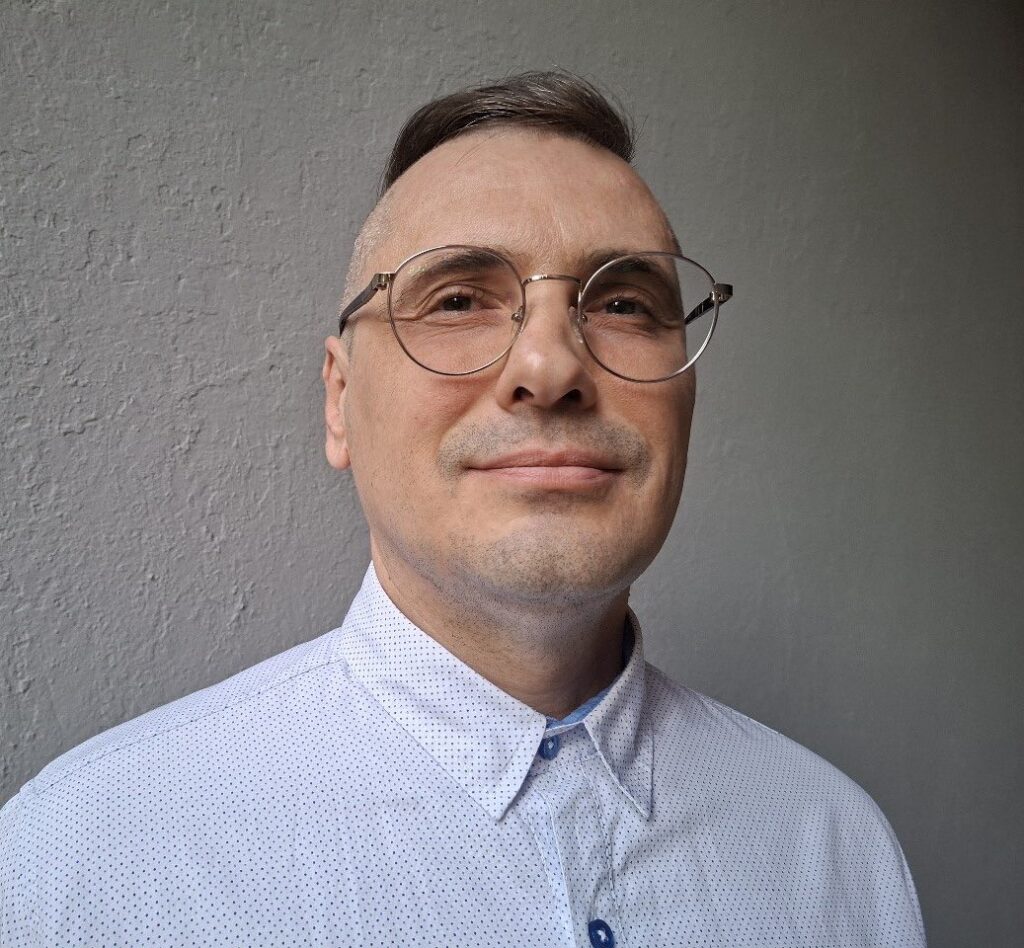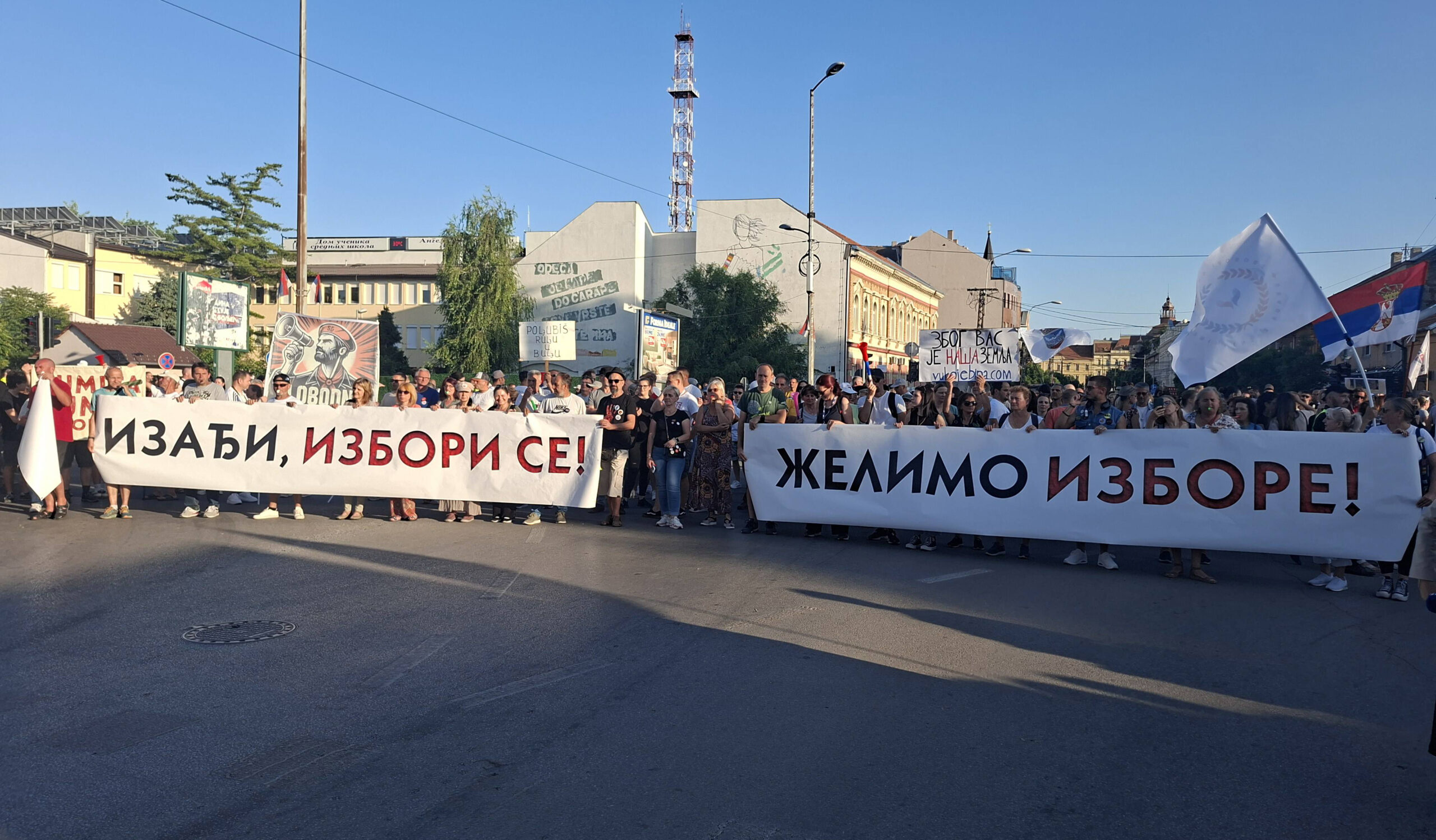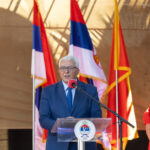After the defeat of the opposition in the local elections and the regime’s refusal to call general elections, the students called for a new stage of protest – civil disobedience.
Local elections in two municipalities in central Serbia, Kosjerić and Zaječar, at first glance seem completely insignificant for the political life of the country. They in no way threaten the power of Aleksandar Vučić and cannot bring the opposition into the ruling position. Nevertheless, in context of large student and civil protests and the biggest political crisis in Serbia since the fall of Slobodan Milošević, those local elections are a key indicator of political processes and trends in the country.
Held at the beginning of June and repeated in one municipality at the beginning of July, the elections showed a narrow victory of the ruling Serbian Progressive Party in the conditions of a siege by the police and thugs, the investment of all state resources to show that the regime is invincible even in small, poor communities.
The local elections were the best demonstration exercise for both parties. For Aleksandar Vučić and the Serbian Progressive Party, it is a message to the voters that he will do anything and at any cost to stay in power, and for students, citizens and the opposition, it is a lesson that political change is simply not possible in Serbia in rigged elections.
During the pre-election campaign, literally all the ruling and opposition groups stayed there. The importance of these elections was that the students supported the opposition for the first time since the outbreak of large-scale protests and that it was a de facto measurement of the forces of the authoritarian regime on the one hand and the protest movement on the other.
Lessons from new textbooks
The fight was predestined to David and Goliath proportions. In the huge pre-election tension, road paving machines worked day and night, parcels and sacks of (para)state money were distributed to buy votes. Aleksandar Vučić and the Serbian Progressive Party threw their entire available party capital into those two municipalities.
With all that supremacy and huge advantages, the government barely won in conditions they completely controlled and where it could – set everything up. With a large number of complaints about the most serious irregularities, these elections cannot be considered fair and democratic because the authorities did not previously carry out the necessary improvement of the electoral process required by the Office for Democratic Institutions and Human Rights of the OSCE (ODIHR).
Should the opposition and students have agreed to rules in which the game was lost in advance? One could start from the thesis that neither the opposition nor the students knew that they would lose the elections and that the very existence of elections, even undemocratic and bought ones, is a chance to take a stand. And that’s exactly how it is, because it could not have been assumed a priori that the Vučić regime—already weakened by the protests and under the watchful eye of controllers, students, and civil activists—would begin buying votes on such a grotesquely massive scale.
The regime not only does not want to lose the elections, but strives to be the absolute winner from the National Assembly to the last Local Assembly in Serbia, and this is the key pathology of Aleksandar Vučić’s electoral authoritarianism.
But are the opposition and the candidates supported by the students really the losers of this little election game? Although it was an official defeat for the opposition, the actual long-term loser in the elections is still the government, which itself realizes that it can no longer win elections this way and that it will not win if they are now announced at the state level.
Vučić’s bribery system will not satisfy all the appetites of poor Serbian society, where a category of “bought vote” has been created, accustomed to “getting something”, and the appetites after Kosjerić and Zaječar will only grow. Simply, the regime does not have as many washing machines as a gift, as it distributed there.
Can Aleksandar Vučić allow himself to lose power in Serbia?
Before answering that question, it is important to define what kind of regime has ruled Serbia for the last 13 years. A theory states Vučić returned Serbia from a fragile transitional democracy to the level of electoral authoritarianism as set during the rule of Slobodan Milošević in the 90s.
Larry Diamond and Andreas Schedler describe electoral authoritarianism as an imitation of democracy in which there are institutions, elections, and an opposition that is allowed to compete in elections but cannot win. An undemocratic regime of electoral authoritarianism will do anything to divide the opposition, constrain institutions and control the judiciary in order to stay in power. The elections are not democratic and fair, but rigged or stolen. In electoral authoritarianism, the opposition simply cannot win elections.
These lines from the textbook seem to depict contemporary Serbia. Some see an analogy between Serbia and Ukraine from the period of Viktor Yanukovych. Systemic corruption, the enormous enrichment of those in power, and a state held captive through a compromised judiciary and dysfunctional institutions.
In 2013, Yanukovych deployed thugs in Ukraine—so-called titushkas—who beat and abducted people during the Maidan revolution. Vučić, in a similar vein, elevated such elements into a sprawling street paramilitary force, composed of loyal party operatives and blackmailed petty criminals.Learned from the lessons of the Ukrainian Maidan, Serbian titushkas have been on duty for several months in Belgrade in a tent camp near the seat of the President of Serbia and the National Assembly in order to guard Vučić and the parliament, and to prevent students from taking their place.
Who is guarding Vučić?
After several months of mutual exhaustion and the feeling that Vučić partially succeeded in separating and bringing under control the educational workers in schools and dividing the academic community, the protests in Serbia entered a new phase. Studnets organized a large protest in Belgrade on Vidovdan (June 28), where around 140 thousand people gathered and thus showed that they have the potential for further struggle.
At the same time, students called on citizens and local assemblies (municipalities and local communities) to take up the fight. And not just any kind, but a new method – civil disobedience. Since then, students have been blocking intersections, changing locations, placing containers as obstacles on the road and littering the party headquarters of the Serbian Progressive Party.
The Vidovdan protest ended in clashes with the police, dozens of citizens, mostly students, were arrested. Vučić’s regime has entered a profoundly repressive phase, increasingly living up to the epithet of Serbia as the “Balkan Belarus.” Since the early days of the protest wave, demonstrators have faced continuous arrests, with over 300 individuals detained to date.
As the discontent amon the society grows, it will be harder for the regime to control, buy and rig elections. The government’s refusal to make the necessary changes to improve the electoral process points a priori to the illegitimacy of all elections in Serbia.
Still one has to wonder is Vučić ready to organize fair elections and leave power peacefully after numerous affairs that have rocked Serbia during the last decade?
In the long term, the regime’s weakening trend is noticeable. Over time, the Serbian president will not be able to rely on the ministries of power that can cancel his obedience. The defining feature of Vučić’s rule is that, ultimately, he remains the embodiment of a corrupt regime. What further complicates the opposition’s struggle is the unwavering loyalty of his supporters, who are prepared to defend him at any cost.
It’s not Vučić himself that many defend, but rather the positions and privileges they acquired under his rule. The real threat to state stability doesn’t come from elite businessmen, who will simply shift allegiance when power changes hands, but from morally and legally controversial individuals embedded throughout the system—those who view their roles as a once-in-a-lifetime opportunity, and will fight relentlessly to preserve them. t concerns jobs, management roles, and official positions held by convicted criminals, individuals who tend to blackmail, starlets, and all those who purchased diplomas and suddenly found themselves in power—positions they could just as quickly lose in a revolution.
Vučić achieved what Yanukovych never had time to: he transformed titushka thugs not just into a paramilitary force, but into a political class and business elite. The Serbian Progressive Party swears no allegiance to any patriotic ideology — it operates purely as a commercial enterprise. And its members know they will eventually be held accountable for corruption and criminal activity, if not broadly, then at least for the collapse of the canopy at Novi Sad’s train station — a case the regime continues to obstruct with all its might.
The Serbian titushka enforcers are acutely aware that their accountability is inevitable and that the so-called strong will abandon them when the time comes. That’s precisely why they’re prepared to defend the regime by any means necessary. Beneath the surface, there’s a brewing potential for internal conflict.
Vučić will not call special elections in which he cannot win, and regular parliamentary and presidential elections are quite far away – 2026/27. year. Only protests and civil disobedience can force Vučić to call early elections.
However, a theory holds that electoral authoritarianism cannot be defeated through elections alone, but only through civic uprising on the streets. When a regime routinely manipulates or steals elections, citizens reserve the right to rebel, exert pressure, or depose the government—especially if it resorts to violence. Although authorities frequently claim they oppose a ‘Serbian Maidan’ or any form of ‘color revolution’, students and the opposition may be left with no other option. Ultimately, they could be forced to take to the streets, demand a transitional government to oversee fair elections, or remove the regime entirely—just as Ukrainians ousted Yanukovych.
Boris Varga. Serbian political scientist and journalist.

The articles published in the “Opinions” column reflect the personal opinion of the author and may not coincide with the position of the Center



